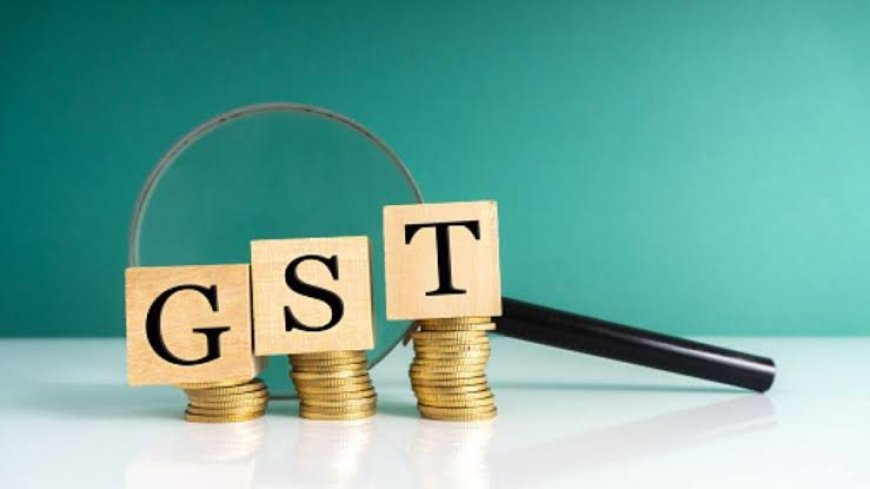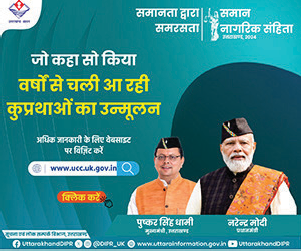New Delhi/Mumbai: The Mumbai Grain Dealers Association has submitted a detailed representation to Prime Minister Narendra Modi, Finance Minister Nirmala Sitharaman, and Commerce & Industry Minister Piyush Goyal, urging key reforms in India’s Goods and Services Tax (GST) system. In line with the government’s motto of “Sabka Saath, Sabka Vikas”, the association has sought policy adjustments that would ease the burden on the middle class and small traders. The association pointed out that the current GST framework imposes a 5% tax on branded food items such as grains and pulses packed under 25 kg, which has made them costlier for the average consumer. They urged the government to remove GST on such essential commodities to make nutritious and quality food more accessible to the general public. Another major concern raised is the GST registration requirement for retail traders with a turnover above ₹40 lakhs. The association has requested that this threshold be raised to ₹2 crores and a simplified fixed GST rate of 0.5% be applied to help unorganized businesses transition smoothly into the formal economy.
They also called for reducing the number of returns to be filed, citing it as a major compliance burden on small businesses. The representation also highlighted anomalies in GST rates on dry fruits. While cashews and raisins attract 5% GST, other dry fruits are taxed at 12%. The association urged for complete GST exemption on all dry fruits, considering their nutritional value. Similarly, commonly used items like sago (sabudana) and groundnuts, which are staple foods during fasting and for low-income families, should also be made tax-free. In the public health domain, the association recommended removing GST on life and health insurance policies up to ₹10 lakh, making them more affordable for the common citizen.
Additionally, they called for the exemption of GST on charitable lodges and dharamshalas, which currently face a 12% tax burden, disproportionately affecting pilgrims and travelers from the middle and lower income groups. Eyewear, including spectacle frames and lenses, which are essential for people with vision issues, currently attract a 12% GST. The association recommended this be reduced to 5%, arguing that such items are necessities, not luxuries. Perhaps most significantly, the association stressed the need to implement a unified tax compliance portal under the vision of “One Nation, One Window, One Tax.” They suggested a single-window GST system where payments, returns, notices, and appeals can be managed through a centralized platform to improve efficiency and reduce compliance confusion. The Mumbai Grain Dealers Association expressed confidence that if these suggestions are considered, not only will the public and small traders benefit directly, but government revenues will also increase due to wider compliance and lower tax evasion.




 Previous
Article
Previous
Article











